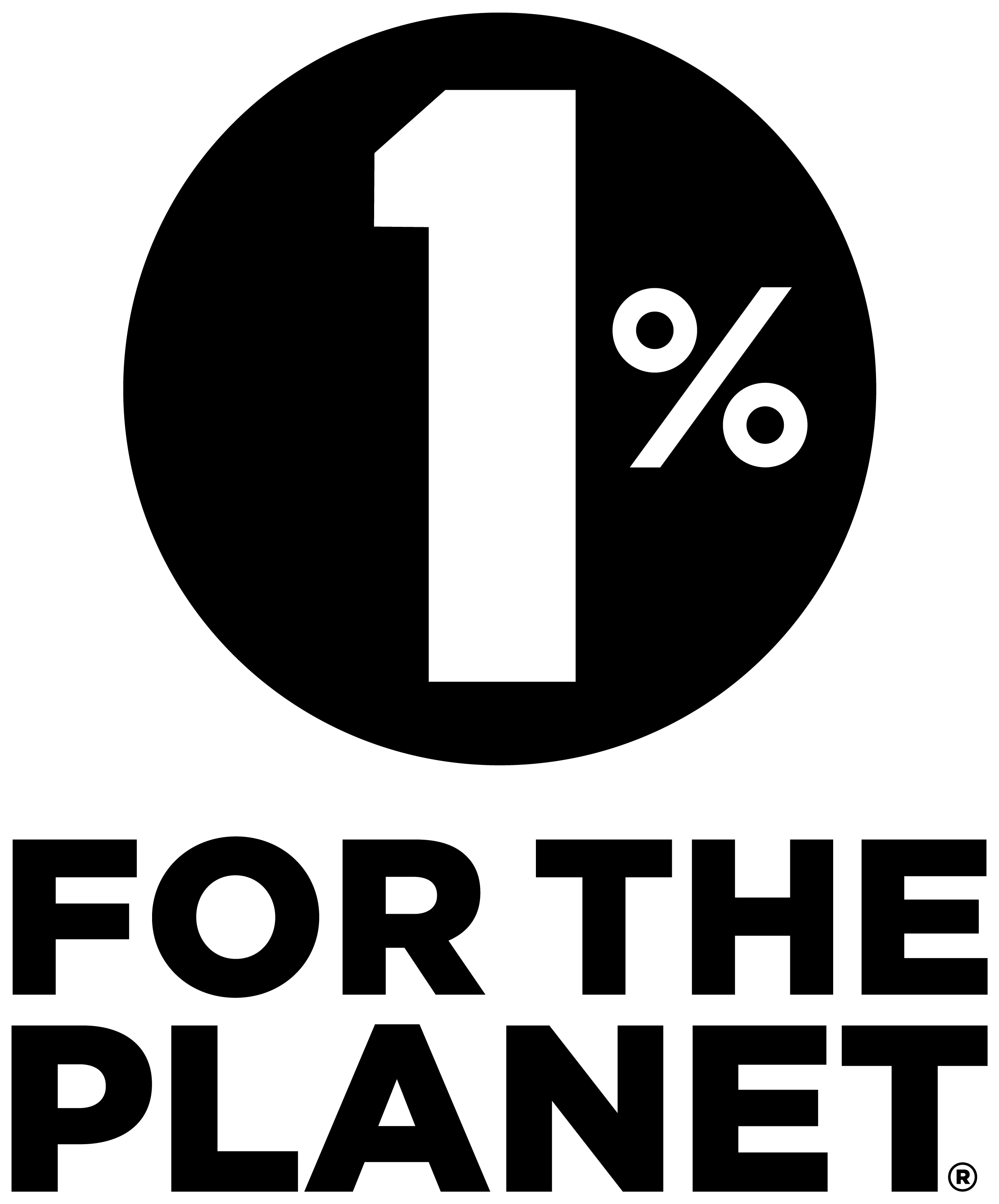One of the most frequently proposed approaches to tackling climate changes is the carbon tax. It’s a relatively simple idea: corporate CO2e emissions are tracked and companies are charged some flat rate of dollars per kilogram. That money could be put into offsets or other publicly beneficial policies—but what the money is spent on is actually immaterial! Climate change is an externality, a cost to society that is not priced into products naturally the way component parts or labor are. The main purpose of such a tax is to manually price in the externality cost of climate change to the balance sheets of polluters. That’s Econ 101. Taxes can be leveraged to 'price in' negative externalities and allow the market to adjust accordingly.
We at Bend are huge supporters of a carbon tax. Unfortunately, there are major barriers to implementing one successfully. In this post, I’ll talk about some of these barriers, and how Bend could play a part in breaking them down, but I want to make sure I’m not misinterpreted. We need a carbon tax! In fact, I believe that a correctly priced carbon tax levied across all scope 1 emissions in every nation on Earth would go a long way towards solving the climate crisis.
What are we waiting for? Well, you may be able to guess…
Problem #1: Correct Pricing
Externalities are “external” in that they represent costs incurred outside of a given transaction, such as a cost to society (a tragedy of the commons), or a cost deferred to a later time (as with a product's end-of-life) and are therefore... well, difficult to price. Let's say you believe the most optimistic scenarios in which we have 28 years to reach net zero to avoid catastrophe. How do you price that into a barrel of crude oil? On an even more advanced timeline, the latest IPCC report warned that we must achieve peak global emissions within the next three years—how do you price that? It's a very thorny problem. Lacking perfect data, politicians and regulatory bodies like the SEC have avoided the prospect, instead focusing on regulatory reporting.
Problem #2: Political Viability
While more Americans than ever believe the government should be taking climate change more seriously, there are powerful actors in the political market working against it. Lobbyists have a long and successful record of quietly undermining public policy, and we can’t wait til the eleventh hour to act (according to scientists like Peter Kalmus, we're already there). We need legislation, but we shouldn’t sit on our hands in the meantime. The political climate is out of sync with the climate on Earth. It will take time for the balance to shift against those entities with vested interests in fossil fuels, and there’s no time to waste. We need to explore other ways of amplifying the will of the people for the public good—not just in the US, but globally.
Problem #3: International Accountability
For a carbon tax to really work, you need every nation on Earth to get on board. In a world where the US is arguably post-industrial, while other global powers like China and India are still in the process of industrializing, the incentives are not aligned evenly across all countries. So even if you could price the tax, and even if you could politically buoy the tax, you'd have to do that at a super-national level. There’s not anywhere close enough international support for this effort yet—especially considering that the US has benefited disproportionately up to this point. To create a fair global policy, wealthy nations like the US need to be held accountable, along with the industrial producers responsible for 70% or more of global emissions. And just as not all countries are aligned on incentives, not all countries are equal in their ability to measure and enforce climate legislation. We’ll need much more comprehensive monitoring infrastructure and more precise financial levers to collect on a carbon tax and penalize tax-evaders.
It can be hard to remain optimistic in face of these challenges. The obstacles are real, and serious, and it benefits no one to operate blind to them. That said, we’re not in the business of despair. So I’ll now pivot to why I think Bend can make a difference:
We don’t have to wait
Bend looks a the totality of emissions as a sort of directed acyclic graph, where all supply chain emissions (scope 3) point to energy or fuel emissions (scopes 2 and 1). With best-in-class coverage of this emissions graph, we enable our customers to generate reports with one click and purchase high quality offsets with a second. We can also offer clients a "comparison shopping" experience for more climate efficient vendors, magnifying social pressures across the market to choose more climate-friendly solutions with every financial transaction.
At scale, our data-engine becomes a self-correcting system—we can help measure impacts, identify reporting disparities, ensure equity across industries and countries, and propose schedules for weaning off fossil fuels. For these reasons, we believe services like Bend will be necessary components in the toolchain of pricing, promoting, accounting and implementing a carbon tax.
“You can’t improve what you don’t measure”—so we’re building measuring infrastructure accessible to all.


